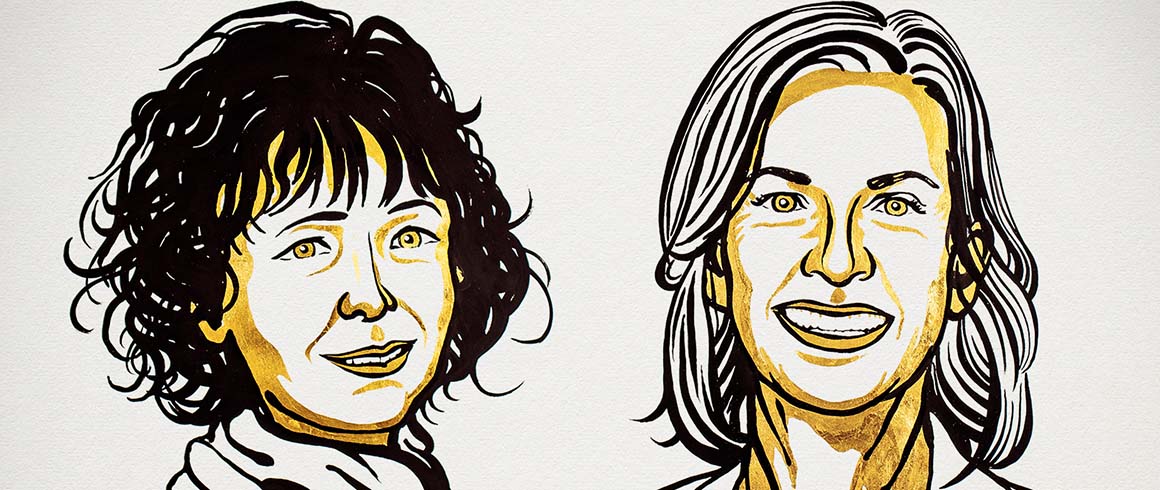The prestigious Nobel Prize was established in 1901 so 2020 marks its 119th edition. The Nobel Prizes in the categories of Medicine or Physiology, Physics, Chemistry, Literature, Peace and Economics are respectively announced from October 5 to 12. Cattolicanews publishes opinions from the University’s professors regarding these prestigious international awards, attributed to laureates who have distinguished themselves in the various fields of human knowledge and who have benefited humanity with their research.
Luigi Lucini, Professor of Biochemistry at the Faculty of Agricultural, Food and Environmental Sciences at the Piacenza campus of Università Cattolica, comments on the Nobel Prize in Chemistry that today has been awarded to French biochemist and geneticist Emmanuelle Marie Charpentier and American chemist Jennifer Anne Doudna for their discovery of the "genetic scissors", a high-precision technological tool that allows to modify the DNA of animals, plants and microorganisms.
"Researchers have discovered a method for genome editing that exploits the ability of some bacteria to defend themselves against viruses and have adapted this immune defense system to selectively modify a portion of DNA in any organism," Professor Luigi Lucini said.
"This opens up an enormous range of possible future developments in the biological, biochemical, medical and agri-food production fields. This may mean effectively combating certain diseases, especially genetic disorders; interacting with the mechanisms underlying virus infection; or improving resistance to drought or a pathogen in plants by using fewer pesticides," Lucini added.
Professor Lucini also pointed out the ethical concerns that arise as a result of this discovery "since when we talk about humans there is a huge implication to consider, namely whether or not these techniques are actually used".


